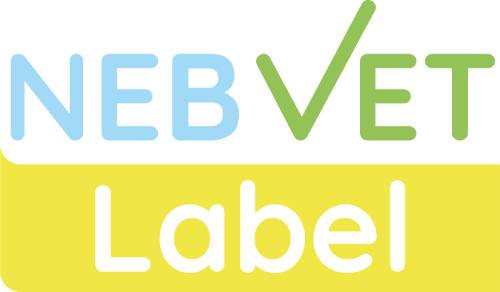
The NEB VET Label – New European Bauhaus Label for VET – is an Erasmus+ project started on March 1st, 2024 and it will last until April 30th, 2026. Utilising the New European Bauhaus compass – the European creative and interdisciplinary initiative that connects the European Green Deal to our living spaces and experiences – as a foundation and starting point to create and implement a comprehensive and homogeneous framework first to assess VET centres and thus implement an accreditation process that will map the VET ecosystem according to the NEB principles.
The main objectives of NEB VET Label are:
- Promote the values and working principles of New European Bauhaus in the context of VET centres;
- Provide an easy-to-use way for VET centres to assess their practice in the NEB context and acquire the NEB VET Label;
- Provide concrete guidance with good practices to VET centres on how to apply NEB values;
- Create an pan-European ecosystem of VET centres that promote the NEB values and principles to their students and their collaborators.
The NEB VET Label main results are:
- A mapping report on existing best practices in NEB principles in VET;
- A set of assessment criteria and a framework for the NEB VET Label;
- A digital tool and personalised guidebook that can help VET providers to implement NEB;
- A network of NEB VET ambassadors and an NEB competition for students.
The highest ambition for NEB VET Label is to find ways to reach a transformational impact beyond its initial scale bridging a pan-European ecosystem of NEB VET centres.
The direct target groups of the project are the organisations that provide Vocational Education and Training located in the countries represented in the Consortium (Greece, Norway, Italy, Croatia, Bulgaria) and in other countries of Europe. Apart from the owners of the aforementioned organizations, the project will require the involvement of the teachers working in VET, as they are the target group that will be required to contribute actively and decisively in the dissemination of the results produced by the project. Of course, the VET students are a direct target group as well, being the first ones to experience the impact of the project’s implementation. As participants in the focus groups of WP2, organizations that are currently implementing or have been involved in NEB projects in the past, will contribute to the project and benefit from the outcome as well.
On the long run, the impact of the project is aiming to affect most aspects of the society including:
- Education experts
- Education institutions both formal and informal across Europe and beyond
- Businesses and enterprises which will benefit from access to a skilled workforce
- EU policymakers and policymakers at a country level
